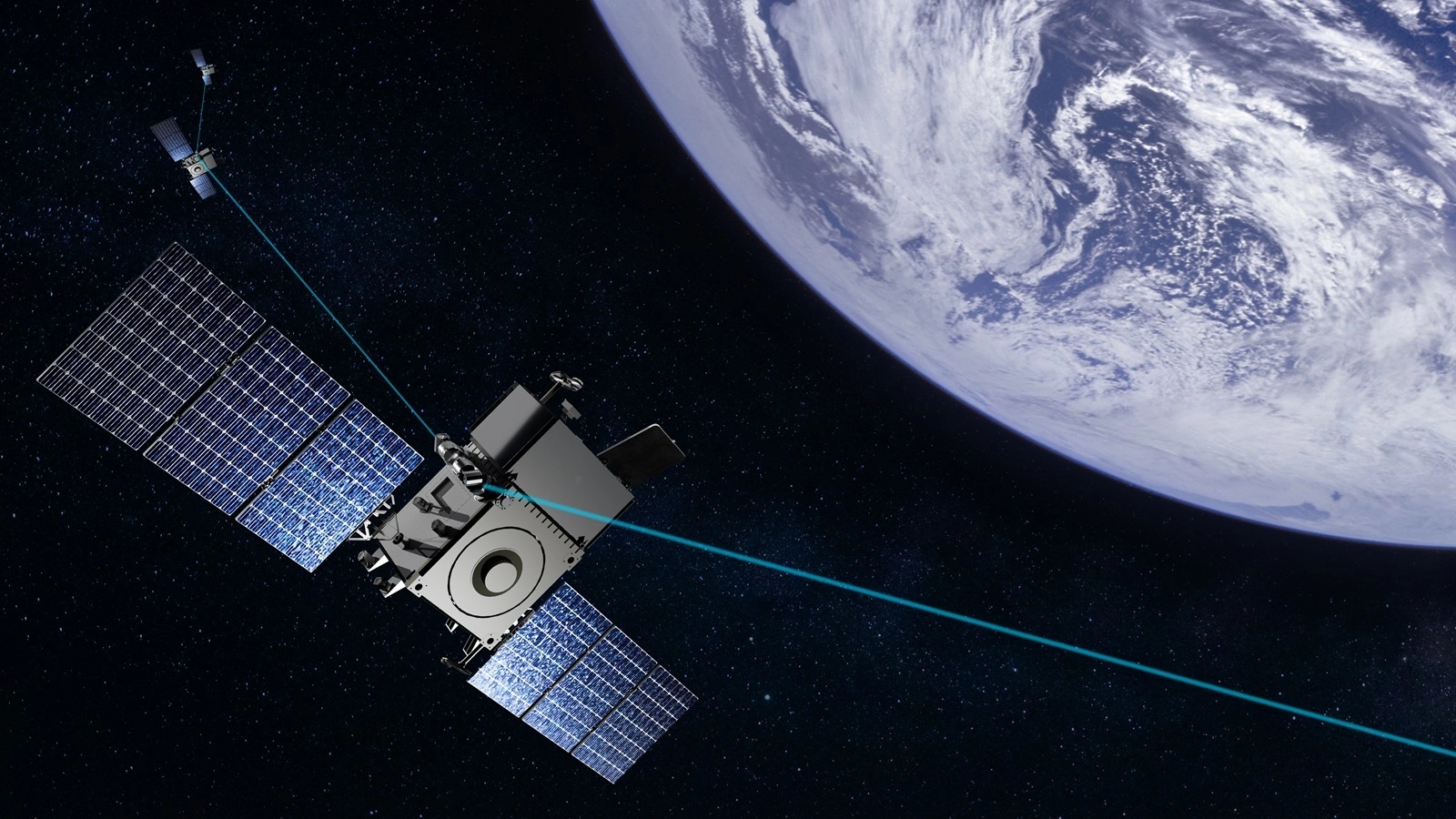SSTL expands LEO platform with VESTA nanosatellite

The contract was signed as part of an MOU between Honeywell Aerospace and the UK Space Agency.
John Paffett, SSTL’s Director of Telecommunications, commented “The SSTL nanosatellite range provides flexible and highly capable payload accommodation, engineered with SSTL’s unrivalled class-leading reliability and I am delighted that VESTA will be first nanosatellite to be manufactured in our new NanoLab here in Guildford.”
Leveraging SSTL’s extensive track record and proven heritage in the provision of high quality, cost effective small satellite platforms, VESTA is a new configuration of the SSTL-12 satellite platform, a product in SSTL’s scalable LEO platform range covering 3kg to 1000kg. The SSTL-12 provides a flexible mission solution offering more power, mass and payload capability than many other current offerings in this class and is ideally suited for missions of between 3kg and 25kg.
VESTA is being manufactured in SSTL’s new NanoLab at the Company’s Guildford facility under a rapid-build schedule to meet a 2017 launch date. The VESTA platform will have 3-axis pointing capability, an SEU tolerant on-board computer, VxWorks operating system and an S-Band transmitter and receiver. The design is compatible with a range of launch deployment systems for injection into orbit by Soyuz, Antares, Dnepr, Falcon-9, Atlas, Delta and Vega rockets.
In 2012, SSTL supplied the platform for exactView-1, the highest detection performance AIS satellite currently in orbit. exactEarth is pioneering space-based maritime information services which include the highest performing, most widely accepted satellite AIS system increasing the range of vessel detection and providing real time monitoring of vessels throughout the World’s oceans.
VESTA is a flagship project of the National Space Technology Programme , funded by the UK Space Agency and managed by the Centre for EO Instrumentation and Space Technology (CEOI-ST).











